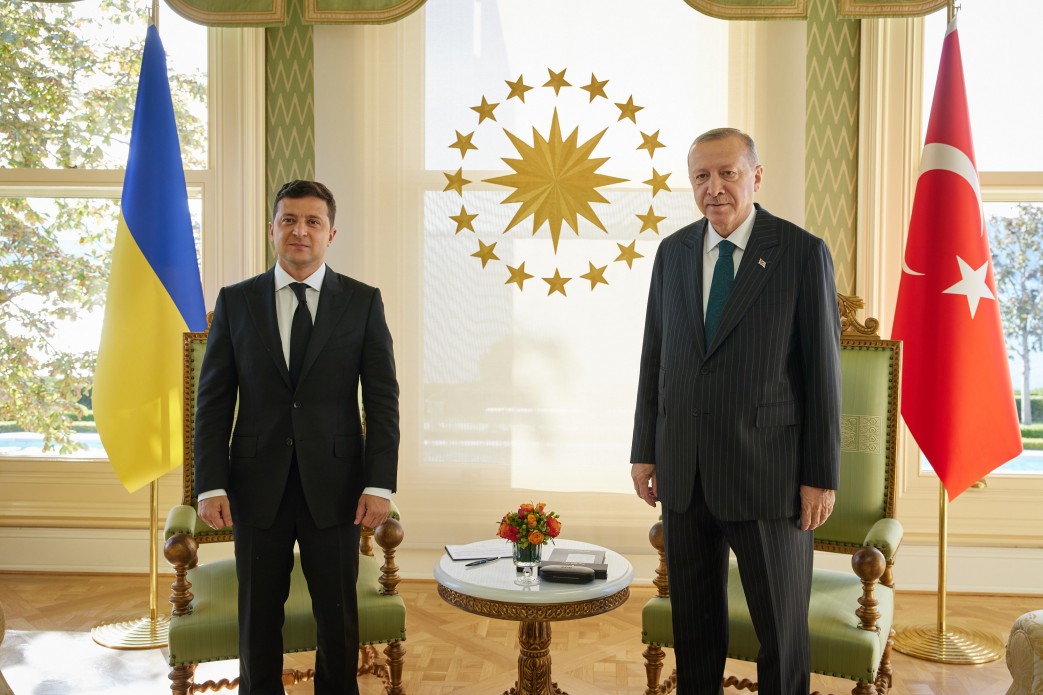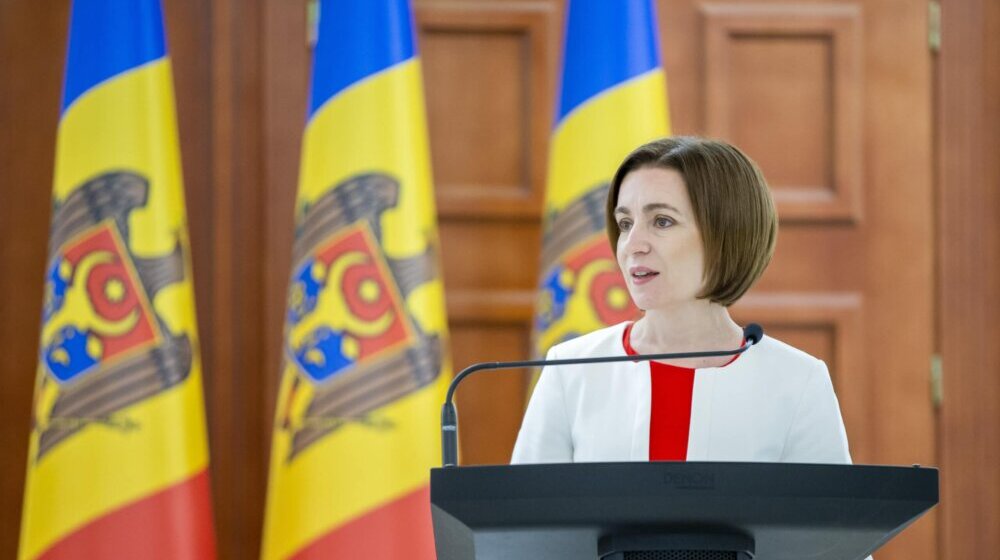US mainstream media easily spread fake news about Russian mutiny
By Lucas Leiroz, journalist, researcher at the Center for Geostrategic Studies, geopolitical consultant.
Three weeks after Evgeny Prigozhin’s „march for justice“, Western media outlets remain unable to explain what really happened on June 24th. American journalists and officials do not seem to understand the causes and consequences of the event, failing to create a coherent, useful narrative.
When Prigozhin announced his mutiny on the night of June 23, the West received the news with a combination of surprise and hope. At first, comments were avoided, as there was no way to correctly assess what was happening in Russia. However, Western enthusiasm at the mere possibility of a scenario of political instability in Moscow was undeniable. This became even clearer throughout the 24th, when various media outlets began to spread fake news that Russia would be entering civil war and that Putin could suffer a coup d’état.










